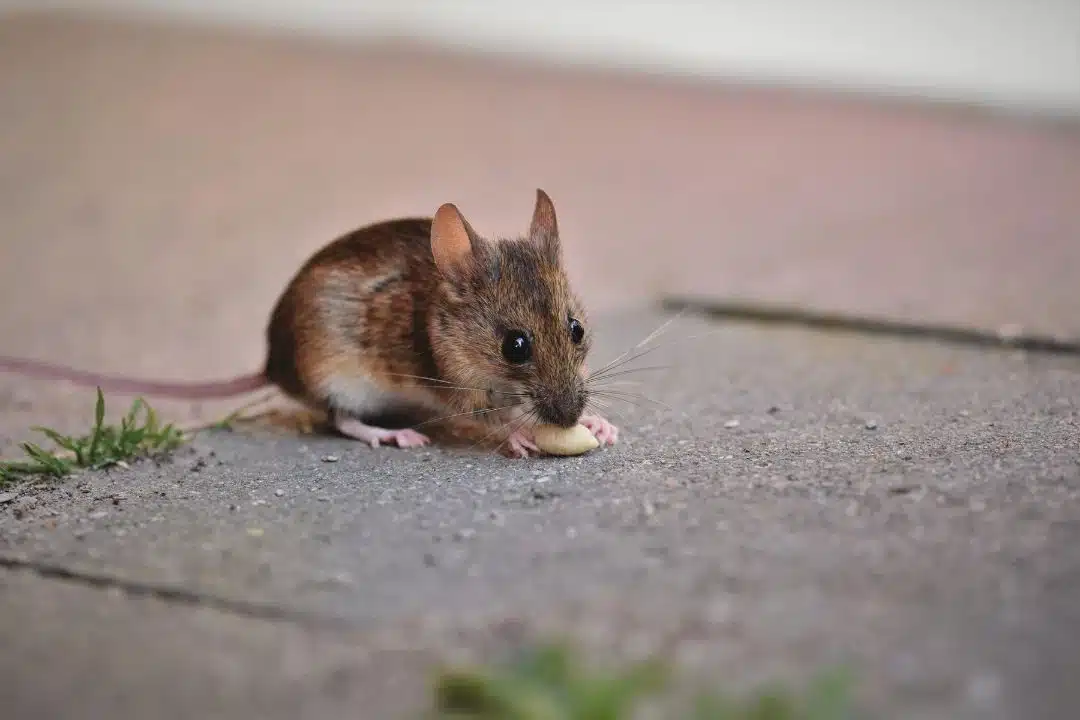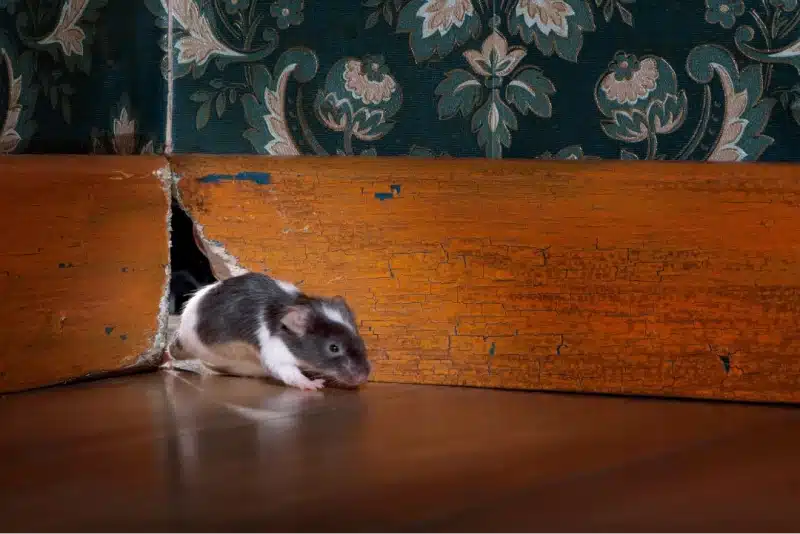Professional Exterminator Tips: When to Call for Pest Control

Signs You Need Professional Pest Control
Structural Damage


Interior Damage
Interior damage is another big sign of pests in your home. Wooden furniture and fabric items are at risk. You might see holes in curtains and clothes or tunnels in wooden objects, indicating the presence of moths, rats, or wood-eating bugs. This damage can ruin the look of your home and lead to bigger structural issues if pests get to supportive beams or insulation.
If you notice damage or early signs like gnaw marks or frass (pest droppings), it’s best to call professional exterminators right away. Waiting can let the pests spread, causing more damage and higher repair costs.
Challenges of DIY Pest Control
Limited Effectiveness
DIY pest control often only deals with pests you can see, so hidden problems stay unresolved. Homeowners might misidentify pests, making it harder to treat them. For example, telling the difference between termites and flying ants needs more expertise than a quick look. DIY methods might not address the real source of the infestation, allowing pests to keep coming back.
Health and Safety Risks
Using over-the-counter pesticides incorrectly can be dangerous, causing potential poisoning from toxic chemicals. DIY pest control can expose you and your family to harmful substances, leading to breathing problems or allergic
Use Humane Traps:
If rodents have already made their way into your home, consider using humane traps. These traps capture rodents alive without causing harm, allowing for their relocation.
Natural Repellents:
Natural solutions like peppermint oil, clove oil, or a solution of ammonia can deter rodents due to their strong smell.
Professional Assistance:
For rodent problems, pest control services like BugMobiles offer safe, humane, and effective solutions tailored to your specific situation.

Regular Monitoring and Maintenance
Regular monitoring is crucial in maintaining a rodent-free home. Check for signs of rodent activity, especially in areas where food is stored. Regularly inspect and maintain areas like basements, attics, and crawl spaces where rodents are likely to hide.

